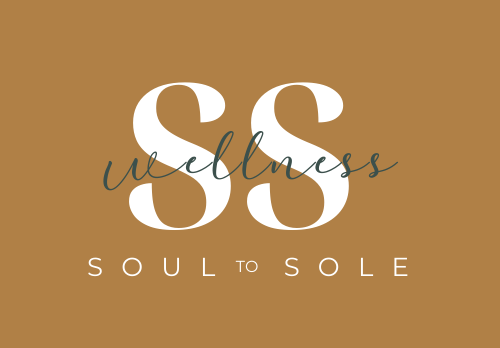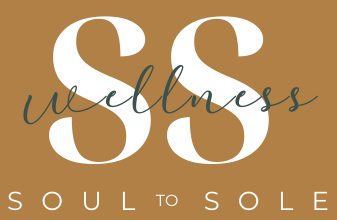

Gabriella DeLorenze
How to Heal your Emotional Reaction Patterns
Noticing Your Loops
Behavior is a weird thing to notice in people. Let me rephrase, behavior is usually easy to notice; as in, you noticing someone’s etiquette at the dinner table (or lack of), noticing someone’s foot or knee shaking, how someone channels their frustrations when they can’t seem to find the right words…but to think of them as behaviors is the weird part.
My sister is an Applied Behavior Analysis (ABA) Therapist, her specialty is helping children (specifically with Autism) speak. My favorite story of her’s is with a little boy she was working with who never spoke a word in his life. His own mother had never heard her son’s voice. My sister was able to be of service in a way that allowed little man to begin to mumble (no legible words, just sounds) as my sister began to tell his mom that she’s very hopeful she will be able to help form true words, mom started balling her eyes out. She was grateful to simply hear sound come out of his mouth.
First of all, shout out to all the ABA therapists, your patience, resilience and temperament are astounding.
In chatting with my sister, I’ve realized that a lot of my work in helping women find the words for how they’re feeling emotionally through the physical body is what she does through matching games, noticing colors, etc. with her children.
We are both helping people recognize and find words for their behaviors.
Only things you give attention to will heal. However, a scab that is constantly picked at usually gets infected. It’s imperative to give enough love and attention to something but not enough that it starts to take over.
When a child is acting up, my sister ignores the behavior with the intention of ridding it.
What do you do when your mind is acting up? When your mind is racing with negative thoughts? Do you let them fester and keep picking at them as you work your way down the rabbit hole of self-sabotaging thoughts?
Or can you simply ignore them, with the intention of ridding them? Give them enough attention to heal but not to fester.
As we all travel down the path of life, we are always offered with a choice, react or respond. As children, we tend to respond to life how our parents reacted in front of us. Over time, if a behavior is repetitively repeated our responses to life become our reactions – meaning, it is now a subconscious behavior – repeated with ease and usually, without awareness.
We become stunted in life by our patterns of reaction vs. response. These reactions usually hinder our spiritual, physical, emotional and mental growth.
Imagine going to the gym and remembering a time where you fell doing heavy back squats. You stop squatting because your knee hurts then you never squat again just “knowing” aka assuming that it will bother your knee. Same for the broccoli you haven’t eaten since you were 7 years old, the manual transmission you stalled out over 10 times with your dad…
It’s easy to point out the physical behaviors, the emotional behaviors and subconscious thoughts are what we miss.
Recognizing an emotional reaction:
- Notice your nervous system at rest aka when you’re hanging out peacefully with your loved ones.
- Notice how your body feels
- Where your thoughts are
- What’s going on around you
- Are you on your phone/computer?
- Preferably before (or after/during) you get triggered notice, again:
- What’s going on?
- What has changed?
- What did you hear/say?
- Who was there?
- How did it make you feel?
- Follow the thought. Ask yourself:
- When have I felt this way before?
- What does this remind me of?
- What is this bringing up in me emotionally? Spiritually?
- Where does my thought pattern naturally want to go?
- What does this feel like physically?
- If possible, remember a time where you were triggered recently. What was your pattern of reaction? For me, it’s usually defensiveness. Think also: Denial or avoidance, silence or withdrawal, criticizing, attacking, perfectionism, self-absorption and/or numbing out…
- Write down a memory where your pattern of reaction showed up
- Get as clear as possible on where you would have liked to respond vs. reaction (How can you show up differently next time?)
- Choose your mechanism of interruption: How are you going to interrupt the pattern when you see it come up again?
- Twirl around
- Stand up/jump
- Verbal self-forgiveness
- A smile/Laugh
- Choose your preferred response
Remember, just like going to the gym/studio for your physical body, every new thing is a practice. Ridding yourself of bad habits is a practice as well. And also, in 100 days, you would have wished you started today.

